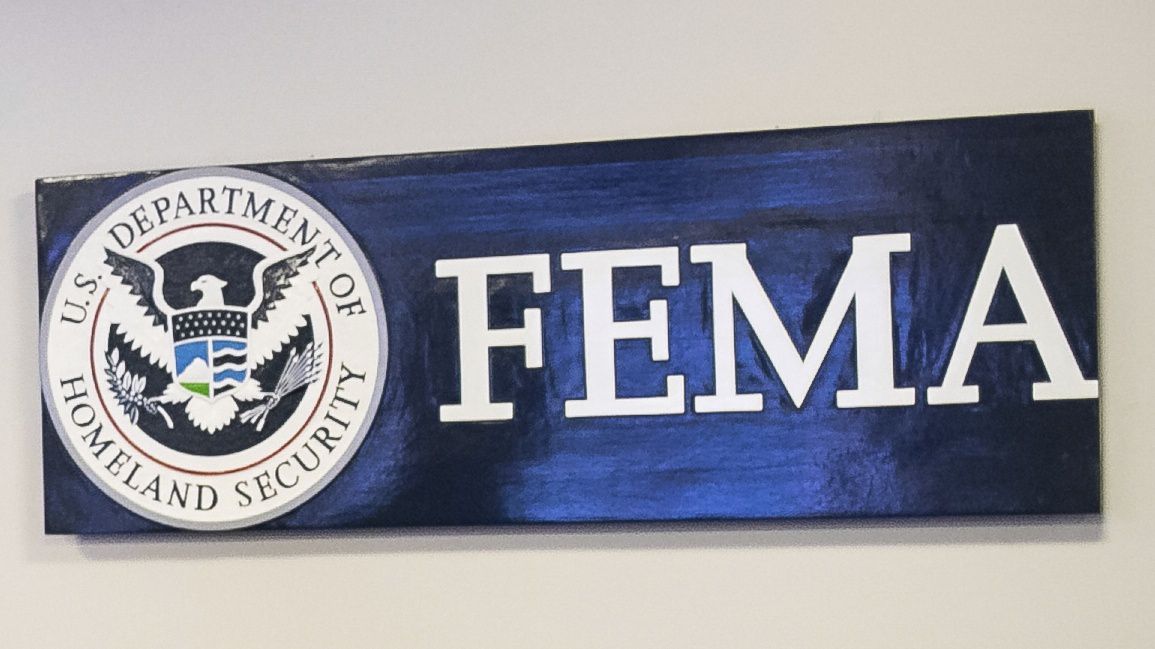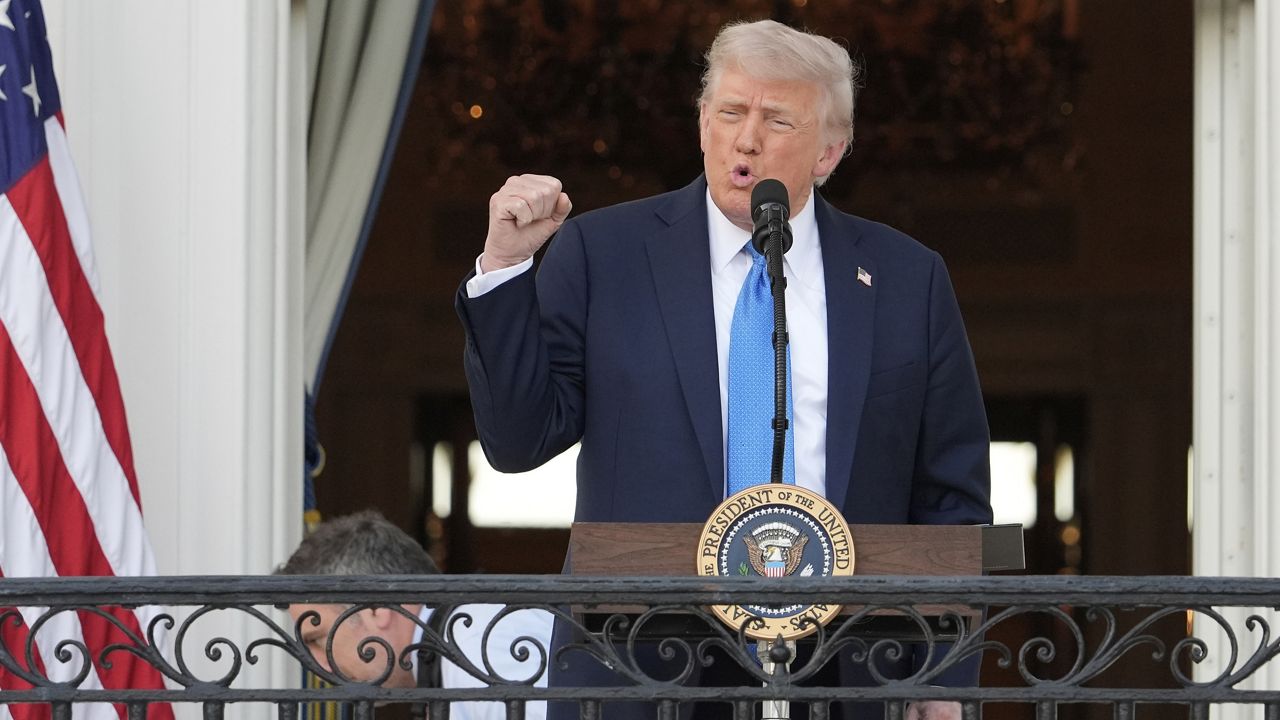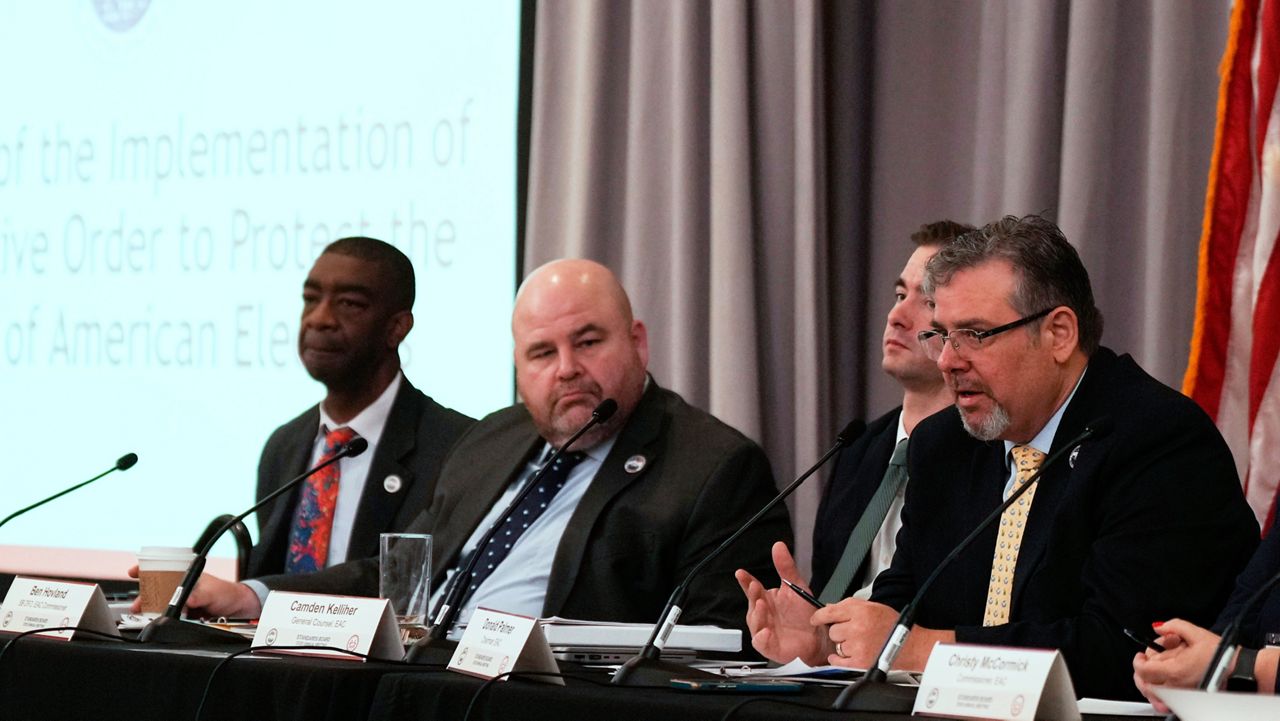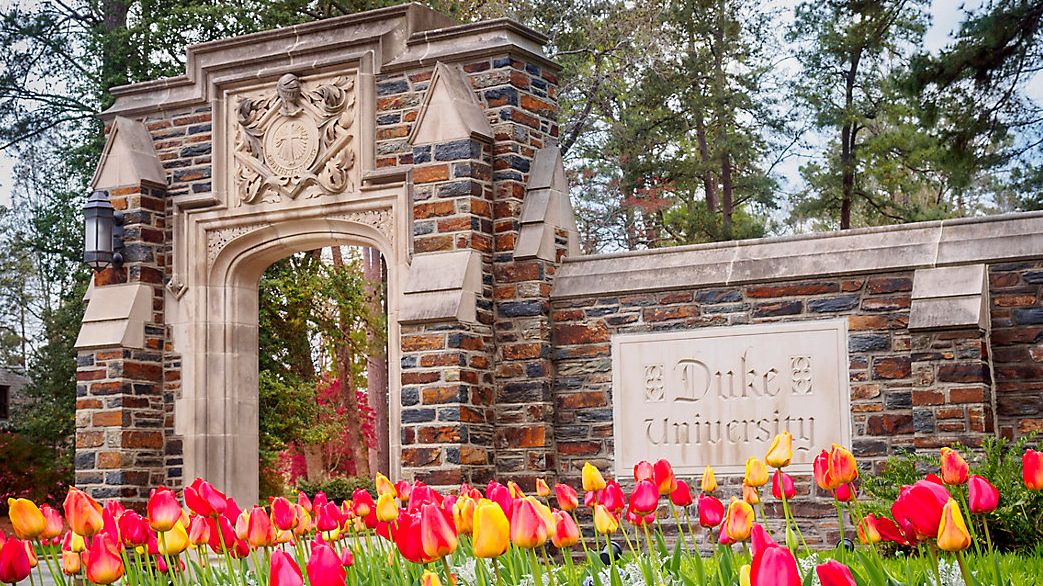North Carolina could potentially lose about $184 million meant to help communities prepare for natural disasters like hurricanes, floods and fires, the North Carolina Department of Emergency Management told Spectrum News 1 Wednesday.
The Federal Emergency Management Agency said Friday it was ending the Building Resilient Infrastructure and Communities program and canceling all BRIC applications from fiscal years 2020-2023. The agency said if the funds hadn’t been distributed yet, they will be returned to either the Disaster Relief Fund or the U.S. Treasury.
The N.C. Emergency Management Department is in the process of compiling a list of the impacted projects in the state, but an official tells Spectrum News 1 BRIC has been used to help communities with projects like flood mitigation, flood vulnerability studies and infrastructure relocations.
Previous examples of BRIC projects in the state include a $5.4 million BRIC grant to protect the City of Hickory’s wastewater treatment facility from increased flood risk due to climate change, nearly $6 million to the City of Gastonia to mitigate flood risks at Duharts Creek and more than $1 million to the Town of Pollocksville to build elevations to restore the town’s commercial corridor. Fair Bluff was also awarded more than $2.4 million for flood solutions.
It's not clear how those projects may be impacted by the cuts. Many of the projects in North Carolina involve communities hit hard by flooding from hurricanes Matthew and Florence.
A FEMA spokesperson said last week, “The BRIC program was yet another example of a wasteful and ineffective FEMA program. It was more concerned with political agendas than helping Americans affected by natural disasters.”
The BRIC program started under President Donald Trump's first administration and was expanded under the Biden administration.
The elimination of the BRIC program is impacting other states and cities around the country, including in New York, which will reportedly lose $325 million, much of it destined for flood mitigation efforts in New York City and Louisiana.










